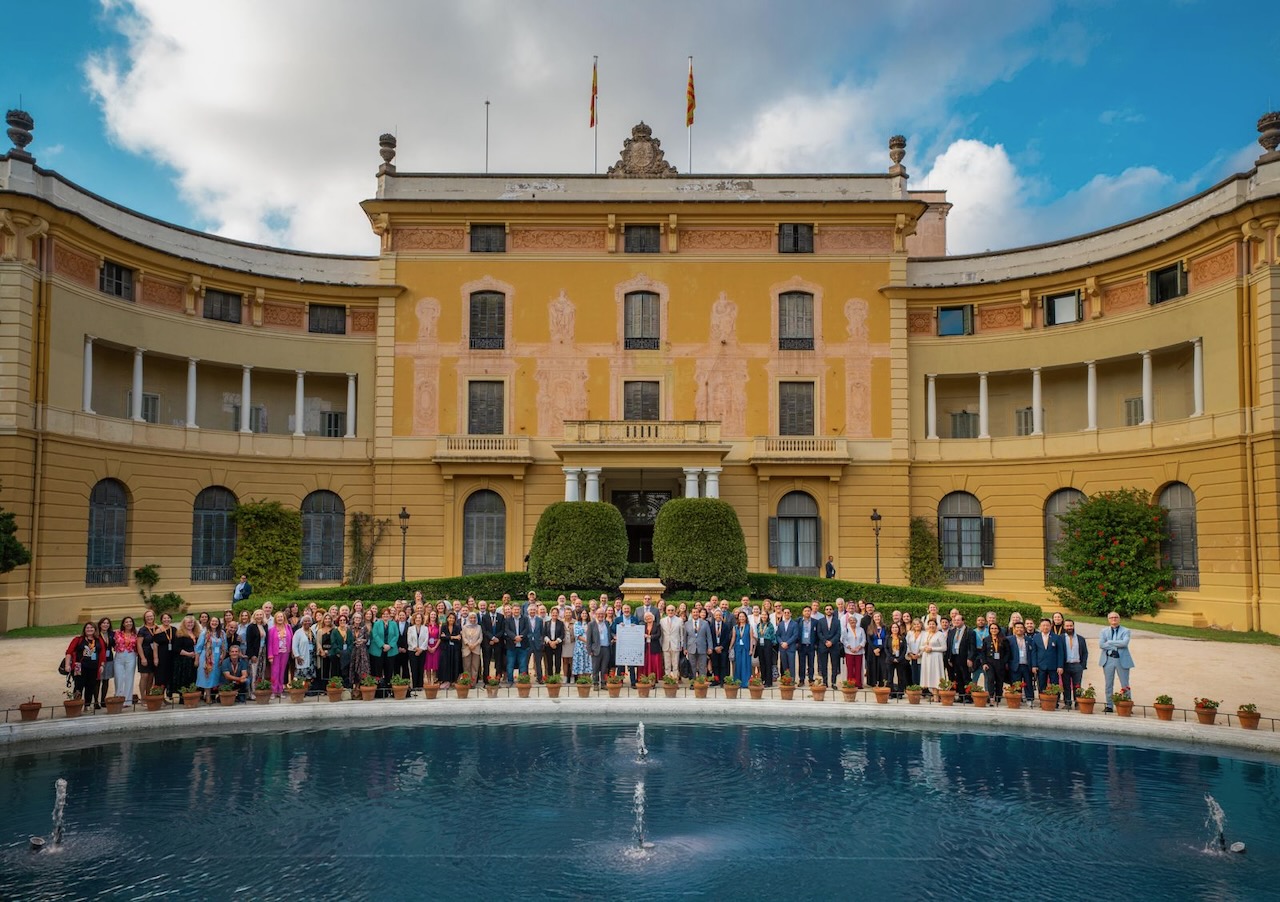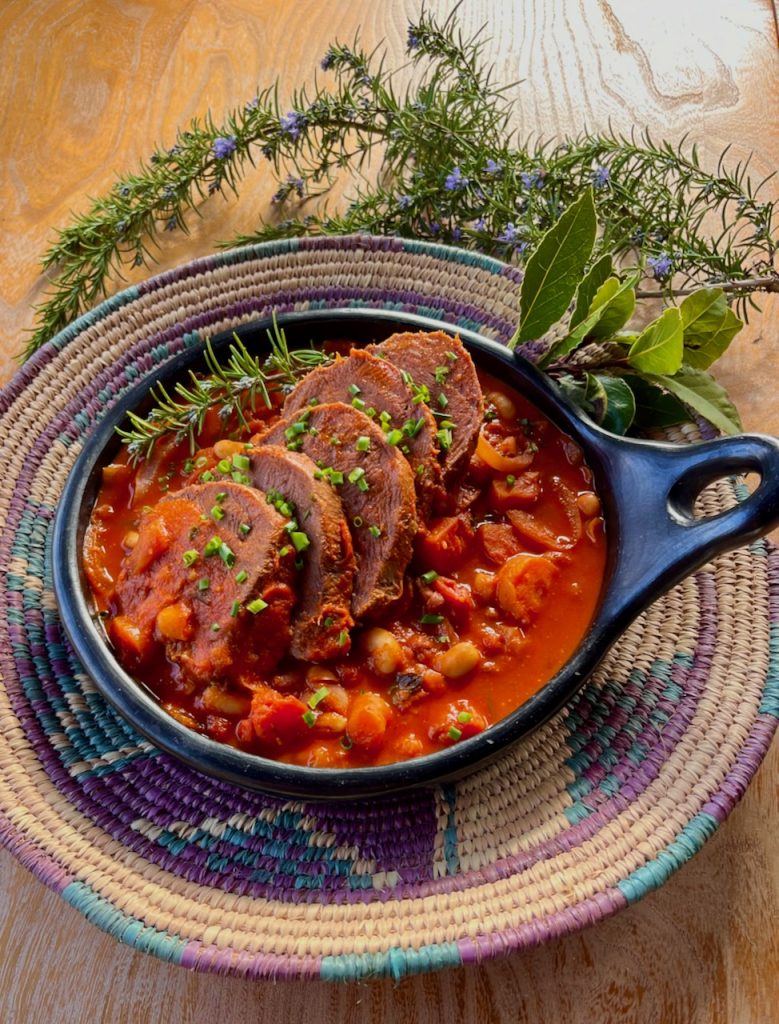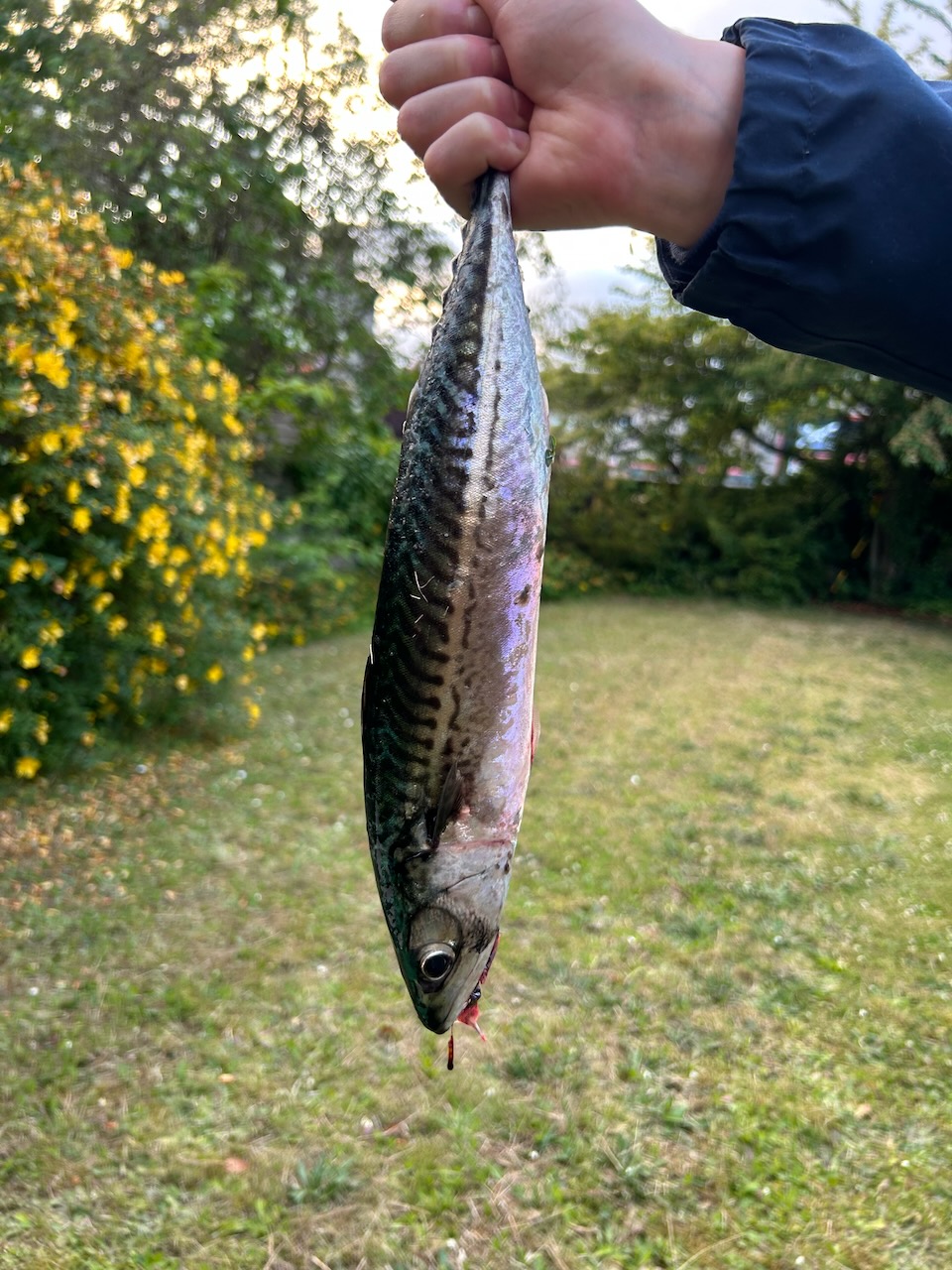
Heritage and sustainability. Two closely linked words. After all, if diets hadn’t been sustainable, they would not have survived as heritage surely? Culinary skills and traditions have influenced who we are today, indeed without the wisdom of our forefathers we would not be here at all. Climate undoubtedly changes, foods adapt, cultures evolve and merge but the industrialisation of our food systems do us few favours. Mackerel for example has been in the news as an endangered species to be avoided but this is not because I love cooking a line-caught mackerel and will continue to do so; it is largely due to unsustainable fishing practices and wild fish stock squandered in the race to process tons of manufactured fish feed for farmed salmon and industrial-scale chicken and pork units. Setting aside natural predation at sea, marvellous oily fish such as mackerel, herring and anchovies should be destined for our plates, not as ultra-processed food for a captive industrialised commodity.
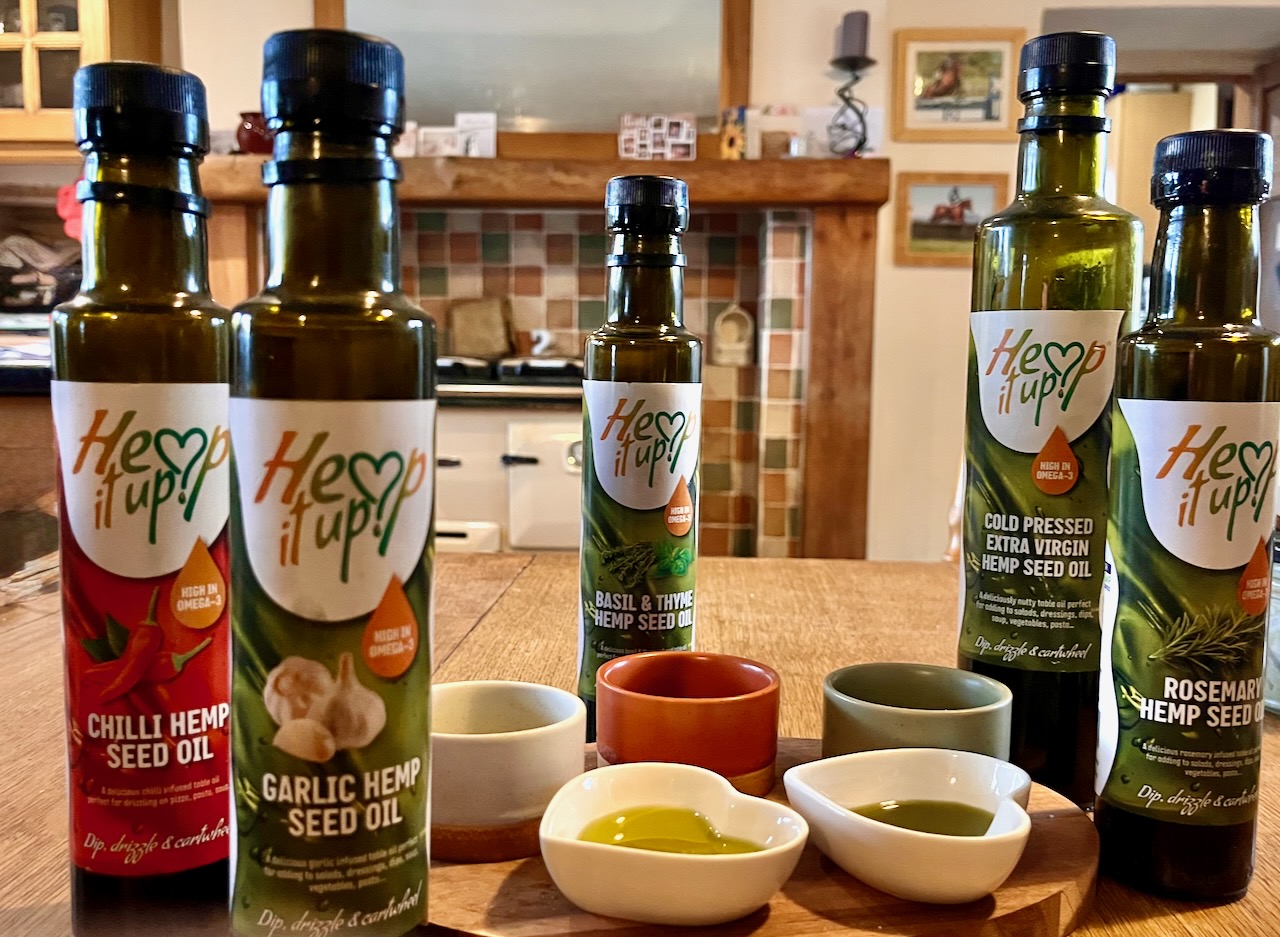 We welcomed a new Scottish Food Guide member this week, Hemp It Up. Ali and John farm in Angus: rearing cattle, cultivating barley… and growing hemp, in rotation. Scottish hemp actually has a history in the mists of time in the production of fibres, ropes, and cloth. I am sure its edible attributes were also used as the canny Scot wouldn’t miss a trick. More recently there have been collaborations with the Rowett Institute to support its resurgence as a healthy fast-growing crop. I knew of hemp; its multitude of uses and nutritional benefits but I had merely scratched the surface and the visit was an education. I discovered their beautiful natural soaps and tasted their lovely hemp oils and hemp hearts and powders. I bought a range of products to try out in recipes.
We welcomed a new Scottish Food Guide member this week, Hemp It Up. Ali and John farm in Angus: rearing cattle, cultivating barley… and growing hemp, in rotation. Scottish hemp actually has a history in the mists of time in the production of fibres, ropes, and cloth. I am sure its edible attributes were also used as the canny Scot wouldn’t miss a trick. More recently there have been collaborations with the Rowett Institute to support its resurgence as a healthy fast-growing crop. I knew of hemp; its multitude of uses and nutritional benefits but I had merely scratched the surface and the visit was an education. I discovered their beautiful natural soaps and tasted their lovely hemp oils and hemp hearts and powders. I bought a range of products to try out in recipes.
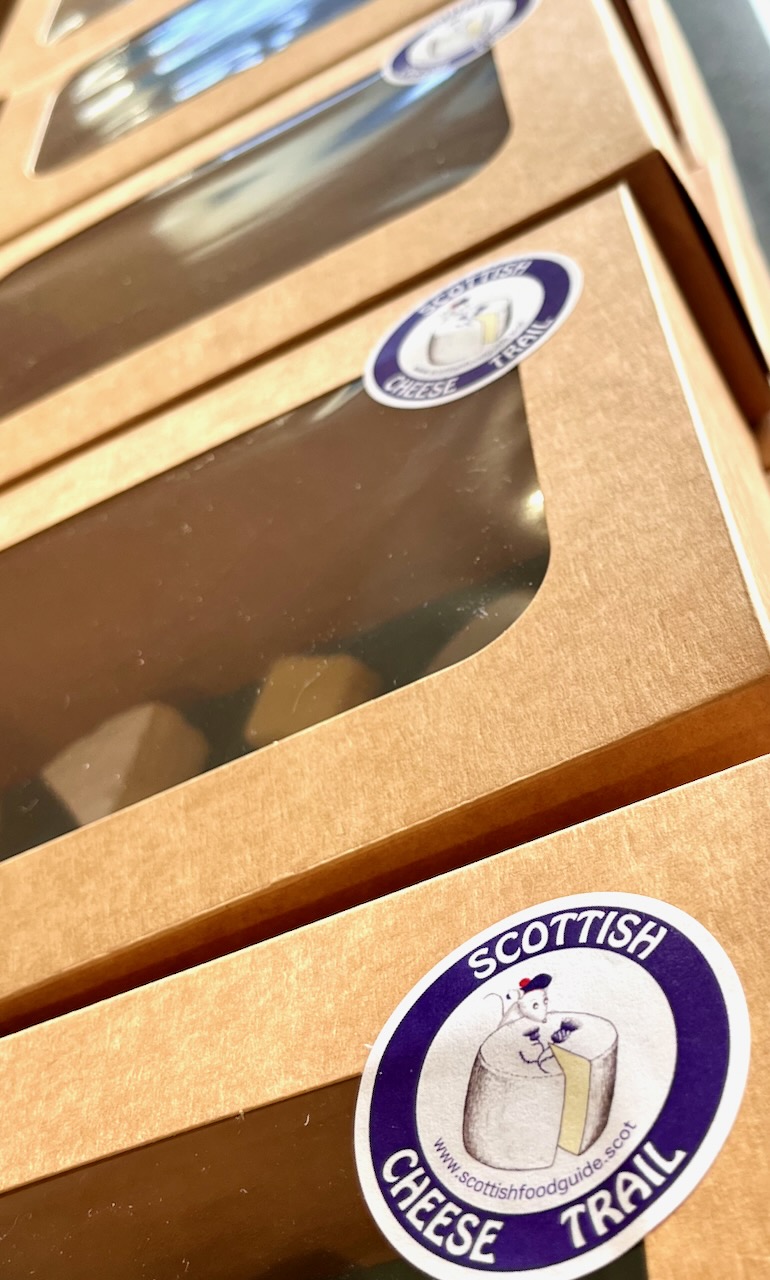 Instagram followers will have already seen one simple supper dish and there will be more to follow including some at the Smallholders Festival on October 18th at Ingliston where you can meet Ali & John and come along to my cooking demo where I shall also be cooking up heritage meats thanks to Jock Gibson at Macbeths plus a Scottish Cheese Trail sponsored artisan cheese tasting. Hope to see some of you there.
Instagram followers will have already seen one simple supper dish and there will be more to follow including some at the Smallholders Festival on October 18th at Ingliston where you can meet Ali & John and come along to my cooking demo where I shall also be cooking up heritage meats thanks to Jock Gibson at Macbeths plus a Scottish Cheese Trail sponsored artisan cheese tasting. Hope to see some of you there.
Coincidentally that same week, Grand Designs on Channel 4 featured an artist’s home built largely (not completely) from hemp. The programme was fascinating and the results impressive however what particularly caught my attention was the interview with Kevin McCloud where he was asked why more Brits don’t use innovative (arguably heritage) sustainable building materials for homes. He said that in the British Isles, not withstanding the highly original individuals he features, we are suspicious of new concepts and, even once pioneered, they are often not adopted to mainstream however good and reliable they are. This is possibly also due to a reluctance from banks to offer mortgages and the lack of specialist building expertise. Blackthorn Salt for example needed to bring experts over from mainland Europe to construct their fabulous iconic salt towers.
Are we too set in our ways? Are we behind the curve? Do we settle too easily for the status quo? I know, my friends, you are not of that mindset. You wouldn’t be subscribing to Scottish Food Guide if you weren’t engaged in world matters, interested in food production and gastronomy, and for that I thank you. We need you, as food knowledge diminishes along with biodiversity and conservation thanks often to large-scale commercial interests. Ask many a school pupil where broccoli comes from and they will say the supermarket.
Back to our lovely hemp… we can be influenced by the not-so-hidden persuaders that olive oil is the only go-to, and miss the pleasures of sustainable and locally grown rapeseed and hemp oils; versatile and interesting, not over-powering and thoroughly enjoyable; low food miles and supporting local farmers. There are many intriguing sources of oil and when in Rome, as the saying goes, enjoy the Mediterranean flavours. With good contacts you can trust, such as Valvona & Crolla and Contini family olive grove connections, along with other Scottish Food Guide members, by all means enjoy a range of oils for different dishes. But remember olive oil is one of the world’s biggest food frauds, along with honey, so beware of cheap imitations – if it sounds too good to be true it likely is. I suggest adding local hemp products to your larder repertoire as nourishing, appetising, ethical, and sustainably produced ingredients. Embrace its comeback to Scotland and enjoy.
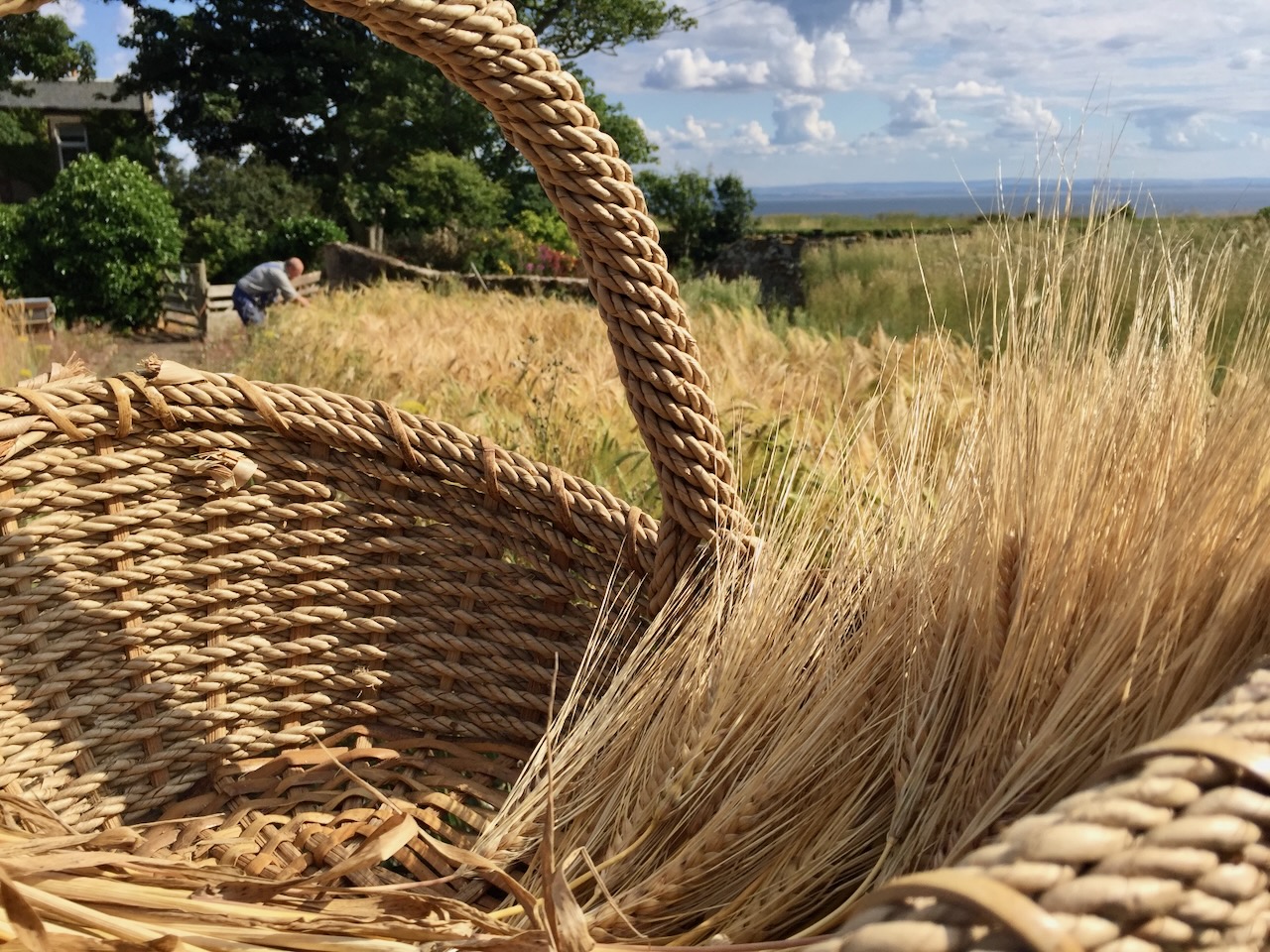
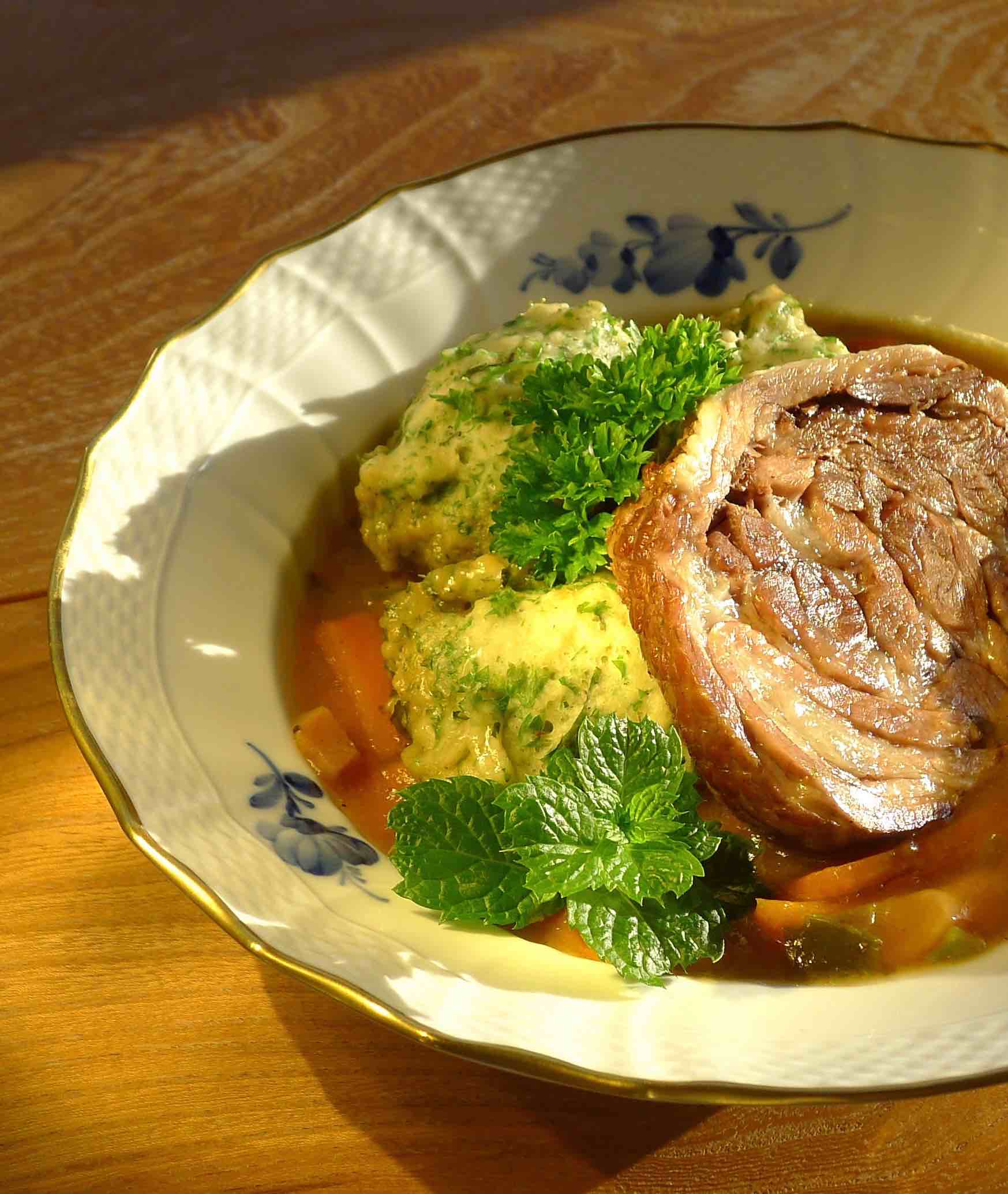
We have a wealth of fine produce in Scotland – if you know where to look for it – and chefs who know what to do with it! We are quick to “swap out” ingredients for economy or convenience but how about environment? Skip the cheap chicken and go for economical cuts of Scottish lamb; ignore the farmed salmon and go for the catch of the day at your local fishmonger, and curb that urge for a fresh tomato until summer comes when it will actually have flavour again!
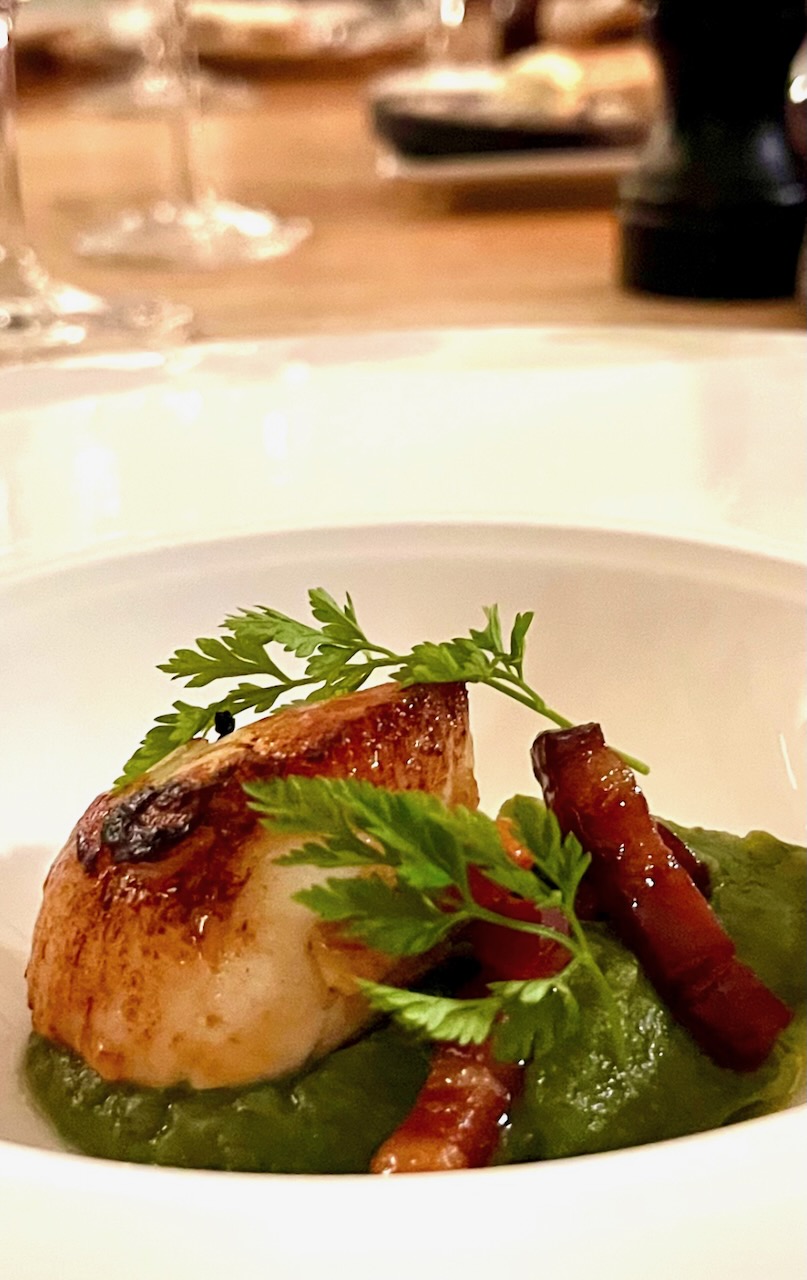
How we produce our food matters greatly and affects future generations. Recently we were invited to #DivedNotDredged – Championing sustainable seafood and fishing at Holyrood. It was a very worthwhile event, highlighting the destruction caused inshore by scallop dredging and the devastation to the livelihood of local scallop divers. Large diesel-guzzling vessels scarifying the seabed v skilled fisherfolk diving off a small boat; metal baskets dragging up every age and stage in its path, causing breakages, by-catch and discards along the way v selectively harvesting full-grown scallops, leaving the seabed unharmed for new growth and young bivalves to prosper. Well that wasn’t rocket science, was it? Yet still dredgers are allowed to operate. Where are the rights of local food culture, communities and traditions of gathering wild scallops sustainably, living in a traditional way? Where is the Rio Convention? Scallop divers have rights and they are not being met. I fervently hope the Scottish Parliament rectify this soon.
I have just returned from an exceptional week in Catalonia at the invitation of IGCAT and the Region of Catalonia to take part in the 30th Platform Meeting of the World Regions of Gastronomy and the 1st World Gastronomy Summit, both hosted in Catalonia. It was an honour and a pleasure to be part of these prestigious events and to meet professional food experts from across the globe. I am still processing the multitude of experiences and conversations for my next newsletter.
